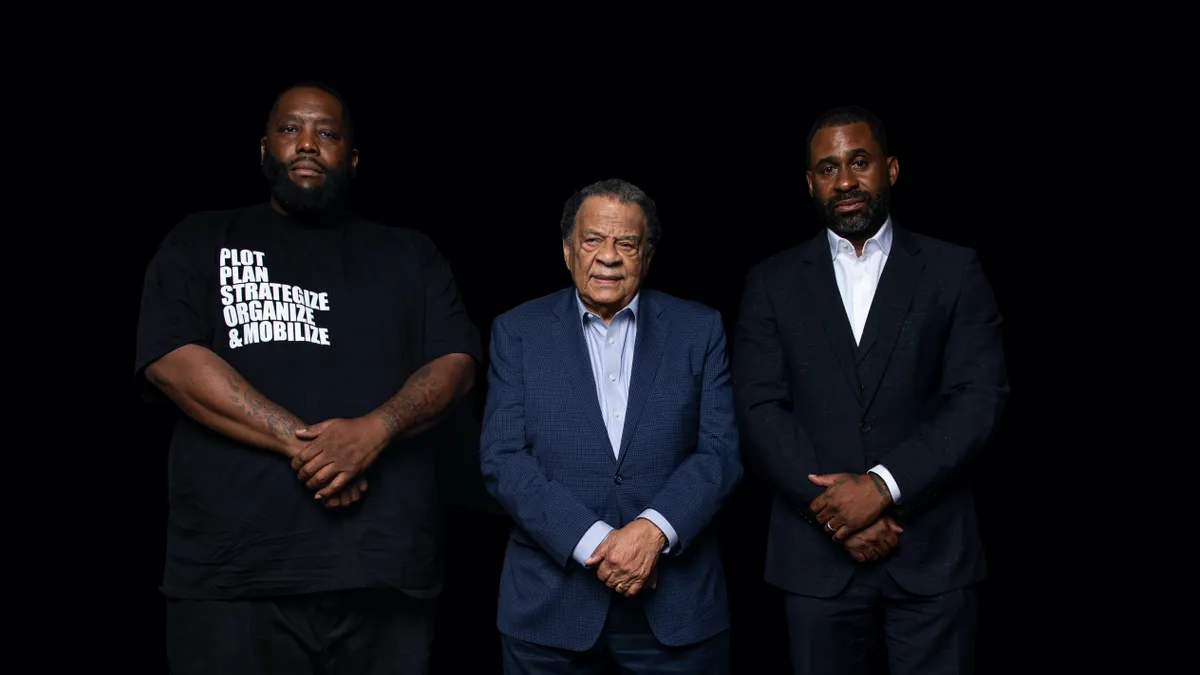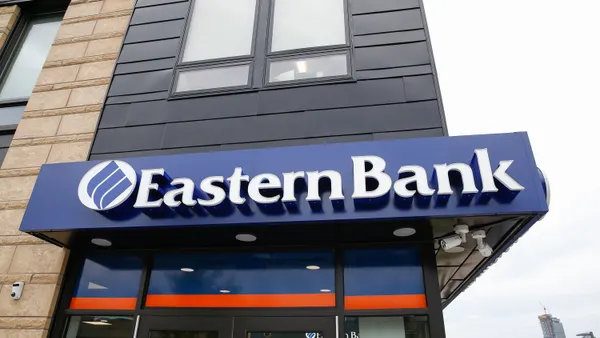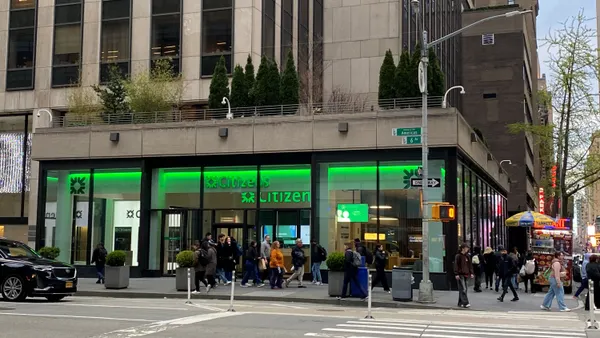Affinity neobanks targeting underserved communities have emerged in recent years amid a wider swath of digital banking startups vying for consumers that historically have banked with traditional institutions, or have been left out of the banking system altogether.
But as these startups look to grow their investment dollars, an issue some say they often encounter is wealth bias.
"When we go out pitching, every single time we say, ‘This is a new bank for Black America,’ people start talking to me about different charitable foundations that I should go to to ask for money," said First Boulevard COO Asya Bradley, who co-founded the neobank with CEO Donald Hawkins in August 2020. "Why do you all think it's a charity? This is a bank. We're here to empower Black America, but why are you assuming that that means we're helping poor people?"
Bradley, who spoke this week on a panel at the Money20/20 conference, said wealth bias is also present when some investors consider the needs of women.
There’s an assumption that women are "risk-averse" and "don’t know how to invest," she said.
"So you're going to have to educate them, right? Your products can be all about education only, because women don't have money," said Bradley, highlighting some of the feedback she said she often receives from investors.
"Wealth bias is this assumption that whoever we're helping is going to be poor," she said.
Bradley noted the 2019 New York Times report detailing racial discrimination involving former NFL player Jimmy Kennedy, who was denied private wealth client status by JPMorgan Chase, despite moving $800,000 to the bank.
Kennedy, who is Black, had been promised "private client" status, reserved for accounts with over $250,000, but was denied because of the color of his skin, according to audio recordings accessed by the Times.
The incident garnered national attention and demands from lawmakers that the bank provide information regarding the allegations. In a 12-page letter to lawmakers, the bank admitted to several shortcomings and told employees in an internal memo it was creating a team to spur improvements on discrimination.
"With wealth bias, it doesn't even matter how much money you have as a Black person, you're still going to deal with racist people," Bradley said.
First Boulevard, which raised $5 million in seed funding in March, has a waitlist of 100,000, according to TechCrunch.
Building generational wealth
Like First Boulevard, Atlanta-based digital bank Greenwood shares a mission of wanting to help underserved communities build generational wealth.
Rapper and activist Michael "Killer Mike" Render, one of the founders of the startup that aims to serve Black and Latinx communities, said it’s not just those at the bottom of the economic ladder who are facing discrimination in financial services.
"I'm a businessman. I had millions of dollars in one of the largest banks and when I went to them to say, ‘I want to buy a piece of real estate, I've got great credit,’ they were like, ‘We can't give you the loan, Michael,’" Render told Money 20/20 conference attendees at a separate panel discussion. "I was like, ‘Well, I'm taking my money out of your f****** bank.’"
Render said the bank, whose response was to steer him toward placing his funds into an investment account, eventually gave him the loan.
"Although I found it disturbing and was a little insulted by it, I understood how hard it must be for working-class Michael to ask for a car loan," Render said. "I understood how difficult it must be to be refused for a home loan when you pay rent faithfully for five, 10 or 15 years sometimes. You finally get in a position to do it, and then your bank tells you no."
During the discussion, Render shared advice on how audience members can support the Black community with their wallets, reiterating Bradley’s sentiment that the startup isn’t looking for handouts.
"I don't need charity. I need you to actively put your dollar in my community so that we can circulate it and make the greater economy better," he said, encouraging attendees to commit to shop at a Black-owned business at least once a week. "If the Black community is doing better, the whole community is doing better."
Greenwood was formed in October 2020 by Render, civil rights leader Andrew Young and Atlanta-based entrepreneur and founder of Bounce TV Ryan Glover.
The platform, which is in beta with 200 users, has more than 600,000 on its waitlist, the neobank said.












